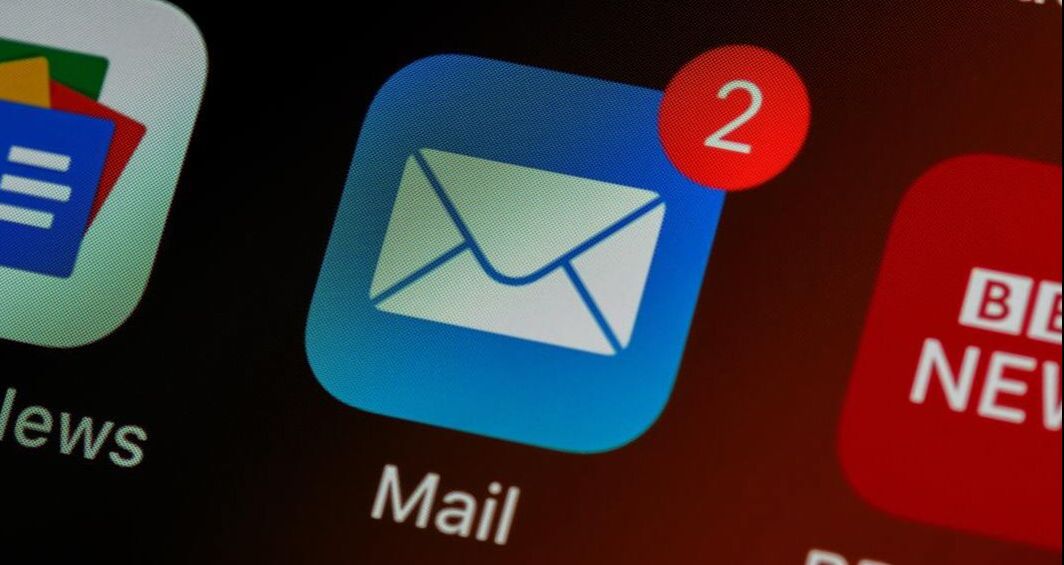|
Most people’s eyes glaze over when they think of business reports, especially annual reports. But it doesn't have to be like that.
Recently, reports have grown in depth and length as organisations are encouraged to be as transparent as possible. But as reports become more complex, it becomes more important to consider how to present the information in a way that engages readers and helps them to easily and quickly understand your content. Design is a large part of this, but how quick and easy the text is to read is also hugely important. That’s where plain language comes in. Photo by ThisisEngineering RAEng on Unsplash What is jargon?As this is an article about using jargon and how to use it, I’d better explain what it is.
Jargon is the ‘special words or expressions used by a profession or group that are difficult for others to understand.’ (OED) Every industry has words that mean something to the people in that industry, and may not be known outside that industry. These words are used to simplify communications within that group and are often meaningless when taken out of context. Jargon is relative – the same words can be meaningful to one group of people, but mean something else, or nothing, to another group. In some industries jargon is useful for accurate and efficient communication. For example, the airline industry uses a phonetic alphabet to make sure words are understood correctly when it’s extremely important to get it right – such as in the control tower. And medical jargon is used to be as accurate as possible when a patient’s health or life is being discussed.  Writing is a creative process, which means it’s very personal.
When we write we may feel that it’s a reflection of how well we articulate ideas, how good we are at spelling and grammar, and our knowledge and intelligence. But we shouldn’t think about ourselves when we are writing in plain language, especially when we are providing important information. We need to think about who will read the text, and use empathy to understand what they need. What’s more frustrating than spending time writing and rewriting a detailed email with important information, only for the reader to miss the point or, worse, not read it at all? We know how it feels to receive too many emails. We all have inboxes with ‘to be read’ emails that sit there for months. Most of us don’t have hours to clear all our emails. We usually just skim through to get the gist of what’s in them. We want to find the key points easily and quickly to decide whether we need to read the details. The answer to getting your email read and actioned is to use the right structure so that the important information will be read and understood. It may be tempting to put all the background information in first to explain why you have written, but the reader may just skim the first bit, not understand the point, and hit delete. You won’t get the answer you want. Here are some tips to writing emails that get read. Do you work in a comms team and it’s always frantic? Or are you a copywriter and have more work than you can take on? Last-minute edits and proofreads need doing, but the next project has already arrived on your desk – with a tight deadline. Or you have several big projects on the go and your team just doesn’t have the time to spend on the nitty-gritty details. Or even, your team is great at the writing, but not so good at the details. But, it’s important that the copy is accurate and reflects well on your company. Consider outsourcing to an editor or proofreader to take the pressure off you and your team. Here are 5 reasons why this makes sense in today’s WFH culture. Most organisations have an idea of how they want to be portrayed to clients or the public. They will have a brand and know what their values are.
With many people all creating writing on behalf of an organisation, including freelance copywriters or editors, it would be difficult to be consistent across all communications without a reference tool. Creating and using a writing style guide makes an organisation look professional, ensures clear communication, and creates a cohesive brand. A client may not consciously recognise that there is consistency in the writing style choices, but they will notice if there is not.  Photo by Adam Birkett on Unsplash Related articles:
Part 1: What is plain language? Part 2: Why you should use plain language in your business. Plain language writing means uses writing techniques and layout design to make your message clear to the reader. It is user-friendly writing. It's not as easy as it sounds to write in plain language . And there are no rules on how to write in plain language – just guidelines. The guidelines are there to help you, but different contexts or readers mean that the guidelines must be interpreted correctly for your purpose. There are two stages to writing a document in plain language: Stage 1: Planning the structure and flow of the document. Stage 2: Writing the sentences using plain language techniques.  Photo by Andrew Pons on Unsplash Related articles:
Part 1: What is plain language? Part 3: How to write in plain language We are used to seeing plain language in government publications and information. Think of all the information we received daily during the Covid-19 pandemic. It was clear and easy to follow. To ensure that all information written for the public is always clear easy to understand, the Plain Language Act was passed in New Zealand in October 2022. On the New Zealand Legislation website, the explanatory note says that the act “promotes the use of plain English in official documents and websites. Comprehensible information from government organisations is a basic democratic right. Plain language must become the standard for all official public and private communication in New Zealand.” However, government departments are not the only organisations that should use plain language. Plain language can be used in communication with a company’s staff and clients, or with the general public. There are benefits of using plain language to the reader (your clients and potential clients), and to your business or organisation.  Image by Arek Socha from Pixabay Related articles:
Part 2: Why you should use plain language in your business. Part 3: How to write in plain language. Plain language, or plain English, is a way of writing and using layout design to make your message as easy to understand as possible. It's user-friendly writing. Plain language can
|
Hi, I'm Marja!You'll find all my advice about creating professional, Categories
All
Previous PostsPlain language
Business editing New Zealand English series The editing process General editing Technical |





